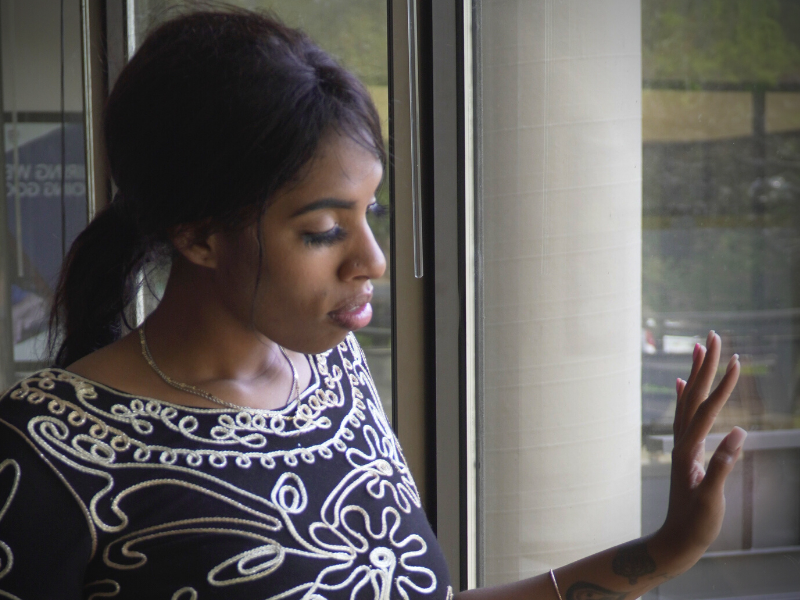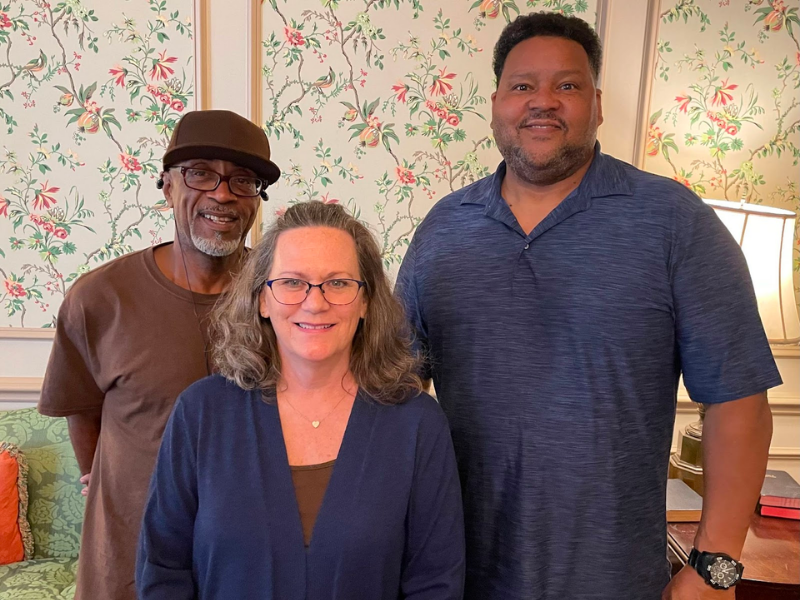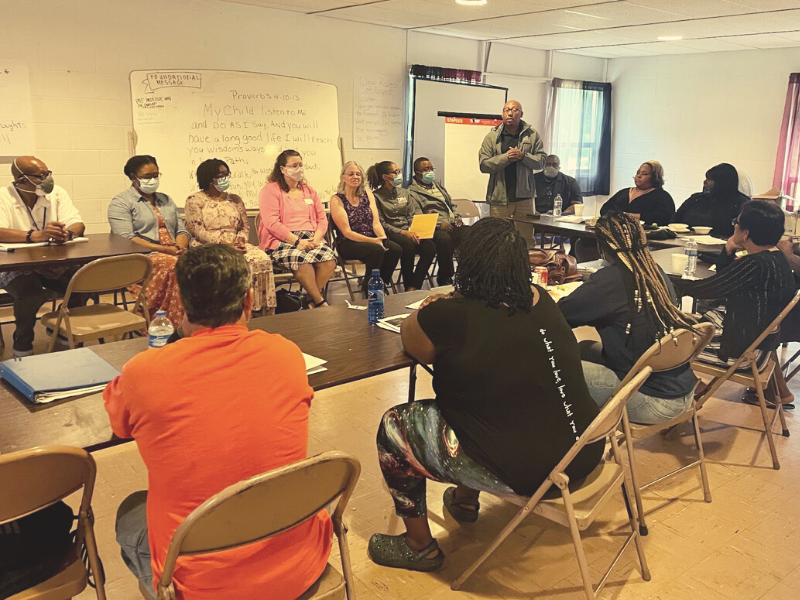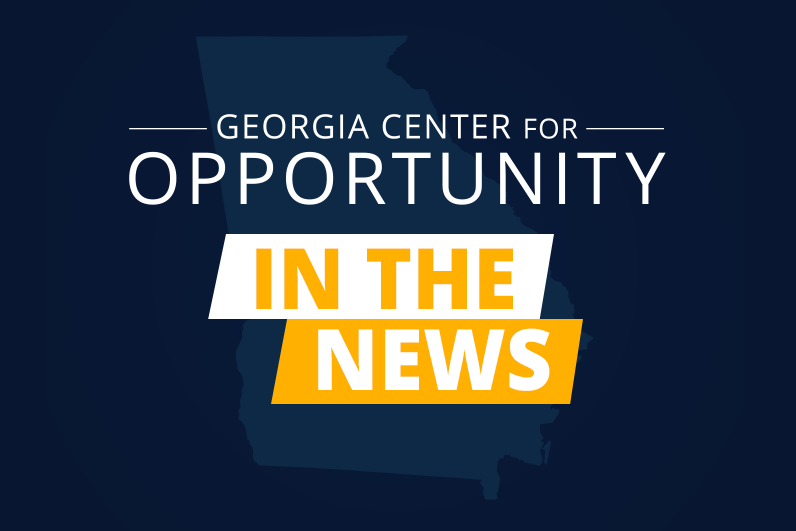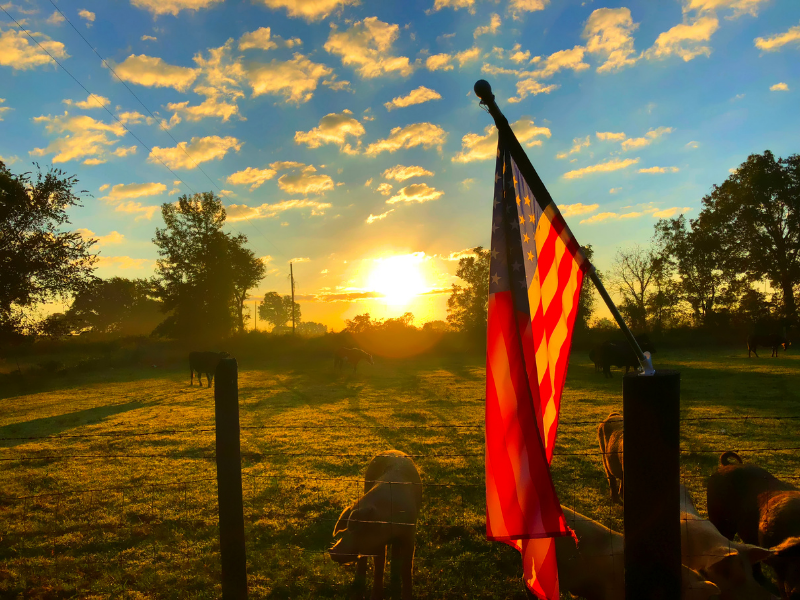
What freedom and liberty mean through the eyes of the poor

What freedom and liberty mean through the eyes of the poor
Key Points
- Economic challenges are a key factor that hinder family, education and mental health.
- The highest inflation rate in four decades is pinching low-income and impoverished households.
- It will take community-sized efforts to help expand freedom and liberty’s opportunities to the poorest among us.
We just celebrated Independence Day in the United States., a time to reflect on the blessings of freedom and liberty that we enjoy as citizens of this great nation. In the words of Lee Greenwald, “I’m proud to be an American, where at least I know I’m free.”
But even as we give thanks for all that America has to offer, we can’t forget that so many of our neighbors are struggling. Those struggles extend to every area of life — whether it’s a breakdown in relationships, mental health challenges, lack of access to education, or distrust of major institutions — but let’s focus on the area that oftentimes leads to these struggles, economic challenges.
The poor are hurting
The highest inflation rate in four decades is pinching low-income and impoverished households, as the price for essentials like groceries, gas, and rent go through the roof. Meanwhile, wages, while improving, are struggling to keep up with these spiking costs.
Given this reality, what do freedom and liberty in the U.S. mean through the eyes of the poor? At its core, those things mean the opportunity for a better life, both for themselves and for their children. But the steps to achieve that better life don’t come in isolation. And the only solution is not more government intervention. The social safety-net is important, but habitual reliance on it leads to cycles of dependence, not long-term flourishing.
So what do our neighbors who are struggling most need in this environment? A hand up, not a hand out — one that comes when communities come together for good.
The Success Sequence is about opening the path to opportunity for everyone.
The Success Sequence is about opening the path to opportunity for everyone.
Opportunity is knocking
We live in a unique time economically: While many households are struggling to survive, the demand for workers in the labor market is at an unprecedented level. “Help wanted” signs are everywhere. In this environment, we have a rare window of opportunity because the Georgia business community is desperately looking for qualified workers.
Matching these non-workers with the skills and opportunities they need to thrive is our goal here at the Georgia Center for Opportunity, specifically through our BETTER WORK programs in Gwinnett County and Columbus.
To flourish, people need a great job with a clear path of upward mobility. They need a job that pays a living wage and one that gives dignity and meaning. BETTER WORK offers a pathway to achieve this goal through the cooperation of local businesses, nonprofit service providers, staffing agencies, churches, and other community organizations.
Through BETTER WORK, those who are struggling get the life-stabilizing help they need — food for their pantry, or help with housing assistance so they have a pantry to begin with — while receiving job training plus assistance. They also are linked with a mentor as the job search continues.
It takes a community
One of the more depressing statistics in 2022 America is how low our view of institutions remains — whether it’s government, business, or similar examples. But that is where “homegrown” institutions can step in, on the ground in our communities where we actually live out our lives. Where trust and authenticity already exists.
That requires you and I to step up to help the less fortunate around us. These are the values born out of freedom and liberty and these are the traits that make the United States the great nation that it is.
